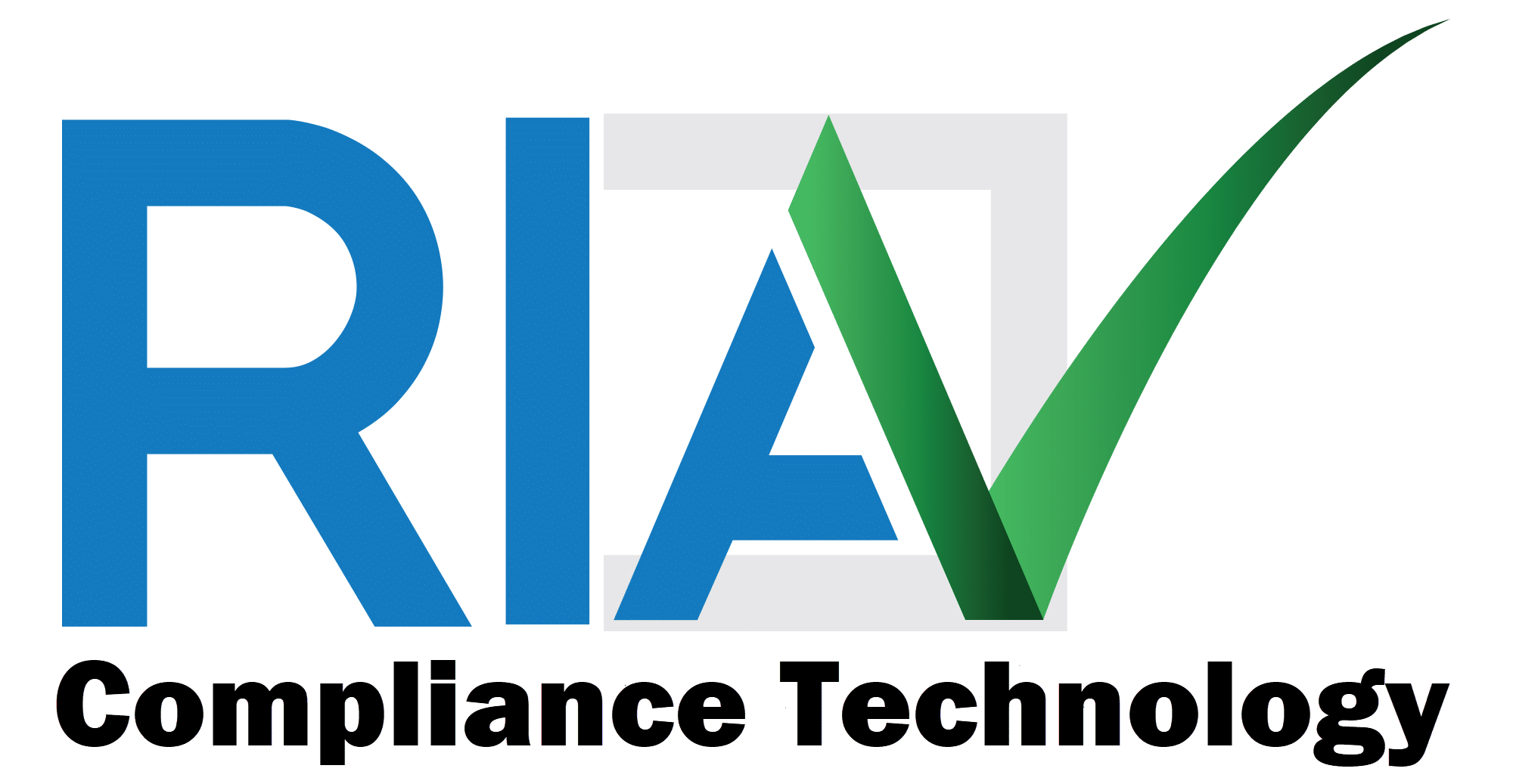How To Tackle New FinCEN RIA Requirements

The Financial Crimes Enforcement Network (FinCEN) has introduced new Anti-Money Laundering (AML) and Countering the Financing of Terrorism (CFT) regulations for Registered Investment Advisers (RIAs). These new rules will take effect on January 1, 2026, bringing significant changes to the compliance landscape for investment advisers.
What RIAs Need to Know About FinCEN’s New AML Rule
With the new rule, RIAs are officially classified as “financial institutions” under the Bank Secrecy Act (BSA). This classification means RIAs must comply with stringent AML/CFT standards designed to protect the financial system’s transparency and integrity.
To meet these requirements, RIAs must implement a risk-based AML/CFT program tailored to their business risks and clientele. The program must include policies, procedures, and internal controls that help detect and report suspicious activity. Additionally, it must be approved by the firm’s board of directors or equivalent authority.
Independent Testing and Employee Training for AML Compliance
RIAs are also required to conduct independent testing of their AML/CFT program. This can be done by internal personnel or third-party providers, ensuring the program stays effective and compliant. Regular reviews should be scheduled throughout the year to adapt to changing regulatory landscapes.
Each RIA must assign a responsible party to oversee the program’s implementation and handle any issues that may arise. Employee training is also crucial, as it helps staff understand the risks associated with money laundering and terrorism financing, ensuring they comply with AML rules.
Reporting Suspicious and High-Value Transactions
FinCEN’s new rule requires RIAs to file Suspicious Activity Reports (SARs) for transactions of $5,000 or more, aligning their responsibilities with those of other financial institutions. Additionally, RIAs must file Currency Transaction Reports (CTRs) for transactions over $10,000 in currency, replacing the previous Form 8300 requirement.
How RIAs Can Prepare for New FinCEN AML Requirements
As RIAs prepare for the January 2026 deadline, they must build comprehensive AML/CFT programs that all employees can understand and implement. Here are some key steps RIAs can take:
-
- Research the new rule thoroughly – Understand all the requirements, or delegate the task to a qualified expert.
-
- Start implementing changes now – Begin preparing for compliance before the deadline to avoid last-minute issues.
-
- Be thorough in your compliance efforts – Regulators are closely monitoring financial institutions. Take time to ensure all procedures are in place.
-
- Consider outsourcing – While AML/CFT programs must be tailored to your firm, other compliance tasks can be outsourced to streamline operations.
Using RIA Compliance Technology
-
- RIA Compliance Technology has solutions to simplify the everyday tasks required in your compliance process; routine filing, account monitoring, email and SMS reviews, etc.
-
- Start outsourcing time-consuming compliance tasks to make room for customized AML/CFT programs within your firm.
-
- Keep your whole team on the same page and on track for compliance deadlines with the Simple Compliance Calendar
-
- Easily monitor employee investment accounts with the Simple Trade Monitor
- Automate compliance review communication with our Simple Compliance Portal
RIA Compliance Technology is a compliance management solutions provider, designed by compliance professionals, for compliance professionals, to meet and exceed demanding compliance standards. Their technology simplifies the manual and paper process of submissions, data collection, and workflows all under one login. Focusing on empowering financial professionals to be proactive, RIA Compliance Technology provides simple, structured, and organized solutions tailored to the individual needs of clients, to optimize their compliance process.
